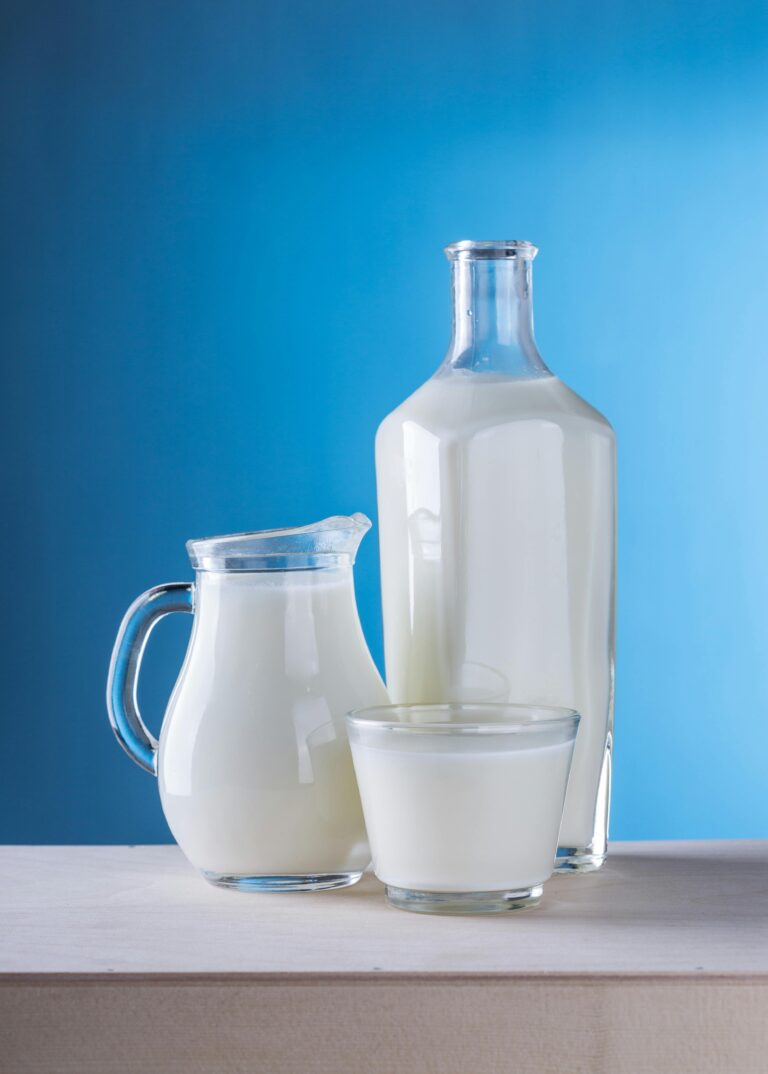Cancer and Dairy Products: Is Milk Safe?

dairy products for cancer patients
Milk is often called a "complete food" because it contains essential nutrients like calcium, protein and vitamin-D. However, modern milk is not as pure as it used to be; it often contains additives, chemicals, and hormones that are bad for our health. Dairy consumption may be connected to several types of cancer, according to research, which raises questions about its safety.
Dairy products and Cancer Risk
Several researches and studies have found a connection between dairy and cancer
- A study in the International Journal of Epidemiology found that even moderate dairy consumption could increase a woman’s breast cancer risk by up to 80%, depending on the amount consumed.
- Research by the National Cancer Institute found that drinking just 1/4 to 1/3 cup of cow’s milk daily increased breast cancer risk by 30%, while 2-3 cups per day raised the risk by 80%.
Why Could Dairy Be Harmful?
- Hormones and Chemicals – Cows are often given growth hormones and antibiotics, which can disrupt our body’s natural balance.
- IGF-1 (Insulin-like Growth Factor-1) – Milk contains IGF-1, which has been linked to higher risks of breast, prostate, lung, and colorectal cancers.
- Pesticides & Poor Feed Quality – Cows are fed grains grown with pesticides, affecting milk quality.
Is Fermented Dairy Better?
It's interesting to note that fermented dairy products, such as yogurt, may have some health advantages; research indicates that they may reduce the incidence of colorectal, bladder, and even breast cancer in some circumstances. Yogurt is also simpler to digest than conventional milk since fermentation breaks down lactose and proteins, which may make it a safer and healthier dairy choice for many.
Should You Avoid Milk?
If you struggle with lactose intolerance, hormonal imbalances, allergies, or digestive issues, it may be best to avoid milk or consume it cautiously. Even organic milk should be drunk in moderation because it still includes natural hormones and IGF-1, even if it is a healthier option because it comes from cows that aren't given synthetic hormones or antibiotics. When it comes to dairy consumption, always pay attention to your body and seek advice from a healthcare provider.
While milk has nutritional benefits, its link to cancer risk cannot be ignored. If you consume dairy, go for organic or fermented options like yogurt and avoid excessive intake. Always consult a doctor or nutritionist for personalised advice, especially if you have cancer or other health concerns.












